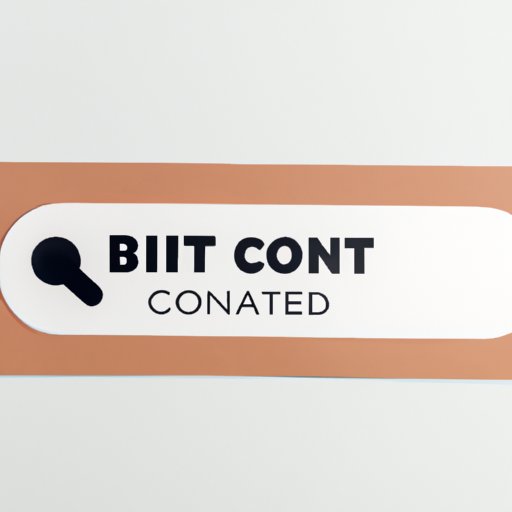
Introduction
Access to affordable and reliable birth control is essential for reproductive health and autonomy. Unfortunately, many people face significant barriers to obtaining contraception, either due to financial limitations or a lack of access to comprehensive healthcare. In this article, we will explore various resources and options available to individuals seeking free or low-cost contraception.
Affordable Health Insurance Plans
Under the Affordable Care Act (ACA), all health insurance plans are required to offer free birth control as a preventive service. This includes all FDA-approved hormonal birth control methods, such as the pill, patch, or ring, as well as long-acting reversible methods like IUDs or implants. To enroll in one of these plans, individuals can visit the Health Insurance Marketplace and shop for plans within their budget.
These plans are suitable for those who meet specific income requirements. Premium tax credits and cost-sharing reductions that help lower costs are available to individuals earning between 100% – 400% of the federal poverty level. Those who earn below 100% of the poverty level may be eligible for Medicaid, which also covers birth control costs as a preventive service.
Government-funded Family Planning Clinics
There are several government-funded family planning clinics that offer free or low-cost birth control options. These clinics are a great resource for individuals who may not have access to healthcare or insurance coverage. They are staffed with trained professionals who can educate individuals on contraceptive methods and provide appropriate care.
The two most well-known clinics are Planned Parenthood and Title X clinics. Planned Parenthood clinics offer services such as birth control, pregnancy testing, abortion care, and more. Title X clinics offer similar services but charge patients based on their income level, with many individuals receiving free or reduced-cost services. To find a clinic near you, individuals can visit either of the clinic’s websites for location information.
Mail-Order Pharmacies
Some mail-order pharmacies offer free delivery of birth control pills, which can be a convenient option for those who prefer not to visit a pharmacy. Nurx and Pill Club are two examples of online pharmacies that offer free delivery of birth control pills. They require individuals to fill in a quick online survey and provide their medical history to determine the best contraceptive method for them. Afterward, they receive a prescription from their doctor, and their birth control is delivered to their doorstep.
Long-acting Reversible Contraception (LARC) Methods
Long-acting reversible contraception (LARC) methods, such as IUDs or implants, are highly effective, with fewer pregnancy rates than other forms of birth control over an extended period. They are initially more costly than other methods but are cost-effective in the long run as they last from 3 to 12 years and require little maintenance once inserted.
Several programs offer individuals with low incomes and without health insurance free or low-cost access to LARC methods. Programs such as Title X and the National Campaign to Prevent Teen and Unplanned Pregnancy offer such programs, and individuals can find their state’s relevant program information through Bedsider.
Assistance Programs
Many manufacturers provide discounts, prescription assistance programs, and vouchers to help patients pay for contraception, especially those without insurance. Additionally, some organizations offer assistance to make up the difference, so individuals have access to affordable contraception, such as the Partnership for Prescription Assistance and the National Patient Advocate Foundation.
Online Telehealth Services
Online telehealth services make it possible for individuals to see a licensed healthcare provider from the comfort of their homes. These visits are significantly less expensive than in-person appointments, and some providers offer free telehealth services for contraceptive counseling and prescription. Nexplanon, for example, offers free telehealth consultation and free or discounted implant insertion for patients who qualify.
Emergency Contraception
Emergency contraception is a safe and effective method of preventing pregnancy after unprotected sex or birth control failure. There are two types of emergency contraception available: the copper IUD and the morning-after pill, which can be taken up to 72 hours, or within five days, after unprotected sex.
Many health clinics, pharmacies, universities, and local organizations offer free or reduced-cost emergency contraception. Those who require immediate access can obtain Plan B without a prescription in most pharmacies. However, the cost of Plan B pills, like any other medication, can vary. Prices may range between $10 and $70, depending on where one buys it.
Conclusion
Access to contraception is a fundamental reproductive right, and it should be available and affordable for everyone. Healthcare providers, government organizations, and nonprofits offer a variety of resources and programs to help achieve this goal. By utilizing our guide, individuals can walk through several steps towards finding the most suitable and affordable contraceptive option for them.





